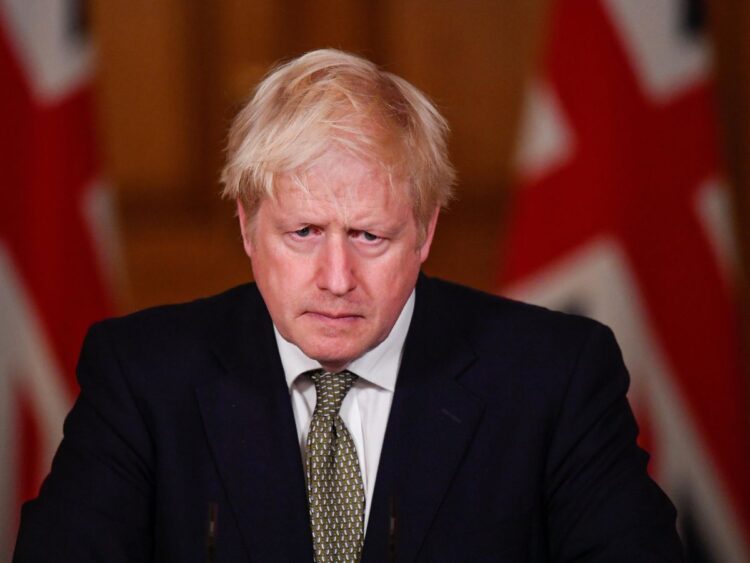By Lucy Caulkett-
Boris Johnson comfortably dismissed a major Tory backbench rebellion in a key vote over the 10pm curfew. The prime minister won by 299 votes to 82, with 23 Labour MPs led by Jeremy Corbyn also defying Sir Keir Starmer and voting with the Conservative rebels against the government.
MPs overwhelmingly approved the Government’s mechanism in selecting a 10pm curfew, but a group of backbench Conservatives forced a division to register their disapproval over the curfew affecting pubs and restaurants in England.
The 42 rebelling Tory MPs made their disapproval known, but not in any way that makes a difference.
A total of 23 Labour MPs also opposed the measure, including former leader Jeremy Corbyn. The rebels were led by Sir Graham Brady, the powerful chairman of the 1922 Committee. Other Mps rebelling included Sir Charles Walker, ex-minister Esther McVey and veterans including David Davis, Sir Christopher Chope, Sir John Redwood and Sir Desmond Swayne from the Tories’ libertarian wing.
Health Secretary Matt Hancock explained the curfew as a “matter of policy choice” , claiming there is “direct and approximate evidence” for the positive impact of the limits on pubs and restaurants, citing a fall in alcohol-related A&E admissions late at night.
But Mr Hancock insisted the Government’s desire to protect education and work “as much as is possible” meant they had to take measures against socialising to try to slow the spread of Covid-19 transmission.
A&E Admissions
Mr Hancock said there has been a decrease in A&E admissions linked to alcohol. He explained: “We’re trying to protect, as much as is possible, education and protect, as much as is possible, work, essentially that leaves socialising as the other part of life, of activity where people transmit the virus.
“And so it is therefore understandable that governments around the world and around this United Kingdom, governments of all different political persuasions, have all come to broadly the same conclusion, that it is necessary to restrict socialising, because that way we reduce the transmission with the least damage to education and the economy.
“So while there is both direct and approximate evidence for the positive impact of this measure, there is also the strategic point which is, if we want to control the virus and we weren’t to do this, we’d have to do something else, and we want, as a matter of policy choice, to protect education and protect work.”
A number of Conservative MPs voiced concerns with the Government’s measures, with Craig Mackinlay (South Thanet) arguing about the curfew: “Just considering this great city of London, the restaurants are closed, the pubs closed, there is no takeaway available at 10 o’clock and guess what, the first train out of London, or the next Tube at 10 past 10, is going to be rocka-chocka solid, mixing and mingling with people at close proximity.”
Tory former minister Sir Christopher Chope referred to evidence from Sweden, saying their approach was “clear and simple, it is to trust the people and make them responsible for their own health and welfare”, and added: “The collateral damage which is being caused is going to actually reduce life expectancy further.”
Sir Edward Leigh, another Tory former minister, said: “We simply cannot go on bailing out businesses, we are going bankrupt… We have to allow people to work and therefore I think the whole approach needs to be changed.”
Conservative MP Chris Loder (West Dorset) added: “We are faced with this evening a motion that will in effect close our village pubs at 10 o’clock”.

